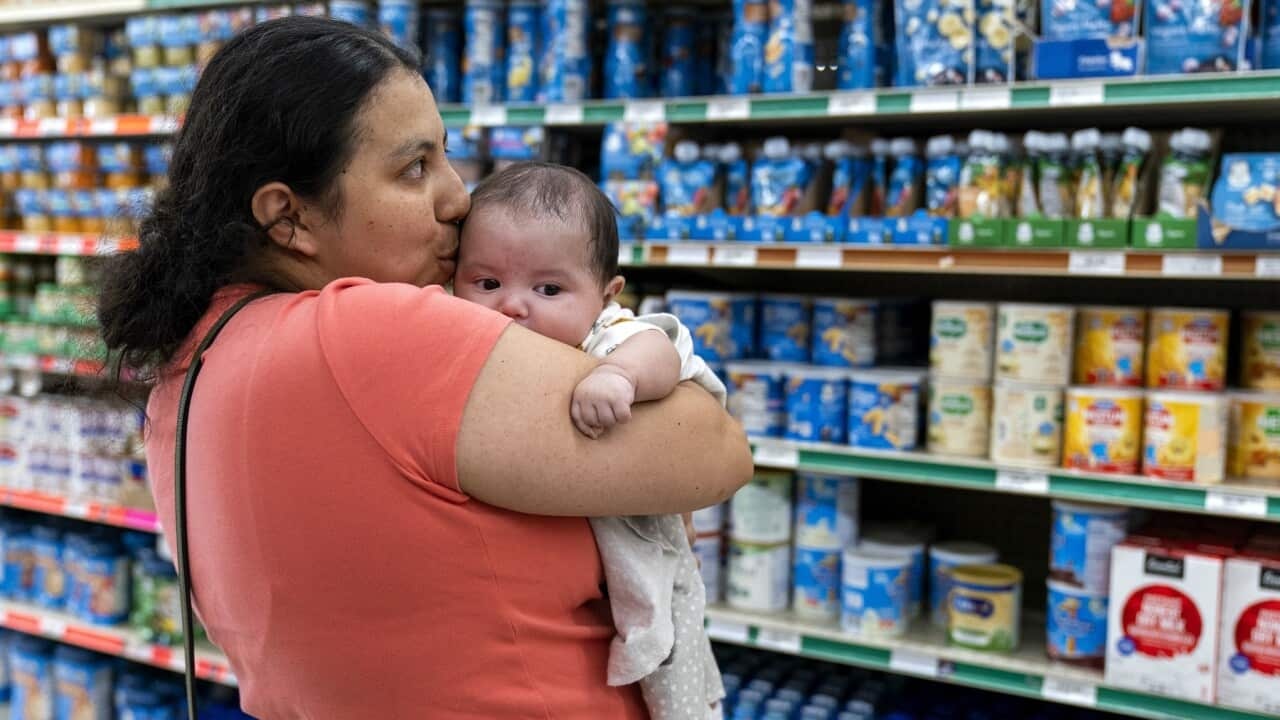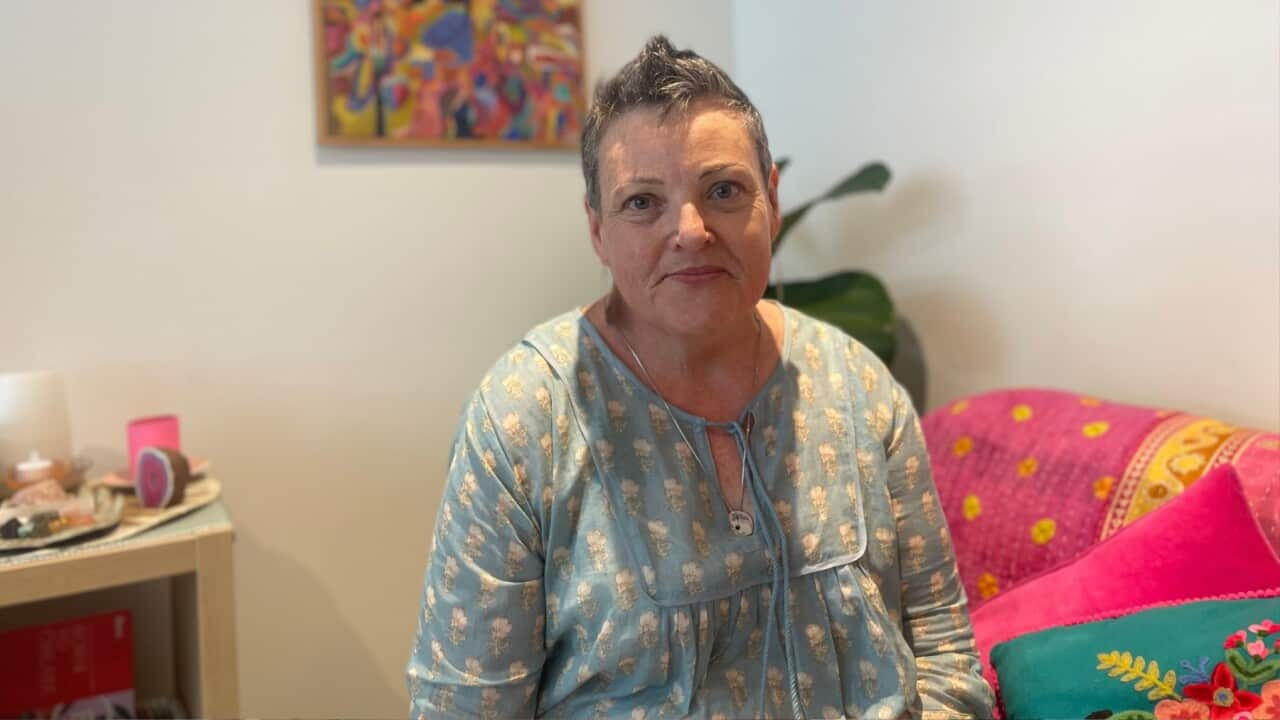TRANSCRIPT
From baby formula to toddler milk, parents and caregivers have no shortage of options.
ADVERT: “We know some toddlers could use a little backup.”
But public health groups say the marketing of these products, can be misleading.
The Public Health Association of Australia's vice president of Development Professor Kathryn Backholer says there are several loopholes.
“They're often marketed with, you know, claims around nutritional benefits, to help your baby sleep better. And this is just not true. We know that breastfeeding is best, if women can do that. And there are many other options to then progress to after baby formula such as cow's milk.”
Experts are concerned about the nutritional value of highly processed products, and excessive amounts of sugar in some toddler milks.
Michelle Murray is the executive manager for Health Promotion Systems at VicHealth.
“Companies are also free to advertise toddler milks which has almost identical packaging to infant formula and can have the effect of cross-promoting infant formula.”
Currently, the marketing of infant formula in Australia is regulated by a voluntary agreement.
Only 18 companies are signed up to the code.
Professor Kathryn Backholer says an independent review of the code found the industry's self regulation to be ineffective.
“So currently in Australia, infant formulas are controlled through a voluntary agreement through industry. So this is an agreement that's written by industry, it's monitored by industry, and it's enforced by industry. The very industry that also makes a lot of money from these marketing practices.”
The ACCC and Department of Health and Aged Care have outlined a plan to introduce mandatory legislation and tighter controls.
Food For Health Alliance's executive manager Jane Martin says it would apply to all manufacturers of these products.
“It would also not allow marketing of these products on digital platforms, which is, as we know, is a very commonplace where these products are promoted to prospective parents and caregivers. It would stop the industry being involved in the review of complaints which is not best practice. And it would also mean if these guidelines were breached, that there would be consequences for that. Currently, if you don't abide to these voluntary guidelines, there is no punishment for breaches. And it's really important to ensure that people are meeting these regulations and that there are consequences for breaches.”
It could take several years to finalise the new, mandatory laws.
In the meantime, the Department of Health will seek to strengthen the voluntary code to make the social and digital marketing of baby formula products less misleading.













